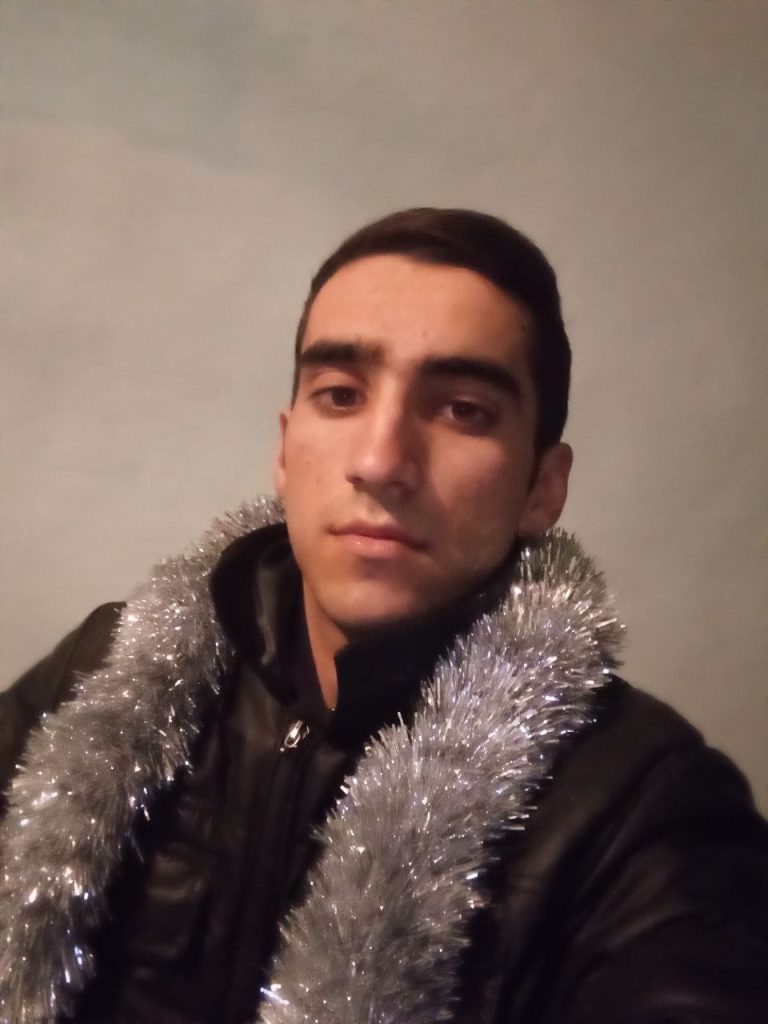Head bowed
The numbing curse
of resentment comes
to capture me
in its lumpy maggot-riddled
corpse, putting on my back
a burden I am aware of
I cannot keep.
And even though I wash and scrub,
daily cleansing myself of its
putrid stench, it returns, living,
climbing my shoulders into my hair.
I know the only clear path is forgiveness,
no matter my so-called-righteous-heart
cawing for justice. I know I will never
find peace this way, nor mercy
unless I can give it.
I am the one who need forgiveness
for allowing this monstrosity to suckle on
my spirit for so long.
I thought I was past it.
I thought I truly became a citizen,
sealing my covenant.
But it is here again,
raging like before, expecting
vindication.
I hope it is a ghost of its first-self,
still large but flimsy, visible
but lacking all density.
I pray I can overcome its devouring song
and show the love to others
that I myself have been given.
Open here, casting off
its angry cries,
its barbarian anguish
blocking my own way forward
into saving deliverance.
This Place
From a place of trust
I glimpse your magnificence,
your harnessed race of complexities
in harmony, slow moving, more
powerful than a hundred suns
conjoining.
From a place of faith,
being wrong is just as exciting
as being right – a longing to know
you, knowing I will never know you
only know the minute aspects that flip
and twist and rewrite as my knowledge grows,
while keeping some laws fundamental.
From a place of love,
your love is gathering in
bright awe-inspiring displays,
terrifying in their brilliance and
in their magnitude.
Nothing is personal. Everything is individual,
overreaching galaxies into galaxies,
twin dreams.
From a place of exploration,
finding inspiration
where paradox consumes,
invigorates, illuminates
all places, gloriously shifting.
Surrendered
In the middle –
steady, harsh waves,
salty flavoured ocean,
stranded, treading.
Love comes smiling.
It is a ghost.
Joy comes and passes by.
Purpose comes but floats by
like a jellyfish riding the momentum.
In the middle, tired of treading,
no escape, just the ebb and flow, surging,
retreating waters. What lies beneath makes
no difference because nothing is above
except the burning brutal sun, cloud cover
occasionally, and only air to eat.
Skin cells, bloating. Eyes, unable to keep
open. In the middle
of an endless abyss, all my happy days
behind me.
I hold my hands in prayer position,
arms raised over my head.
I stop struggling to not go under.
I go under and let that weight, the peace
at last, take me down.
She
Fear is splendid
in making the body inflamed,
bloated on trepidation at the news
of many meadows burning.
She hurried and found a healer
inside herself, willing to go
the distance and forfeit
personal power for a greater
acquisition.
She understood the traveller and
the sit-at-homer as one in the same,
especially on a stormy day or a year of upheaval.
Faith is the bullseye with no point-marks gained
unless hit dead-centre, directing every focus
to only that centre.
Faith is the wave to ride to the shore,
removed from other moving sources,
like wind and arm-strokes.
She opened herself to fear
not denying it but seeing it
as just another entity
under the canopy, smaller
than the giving sun.
Out
I asked to be let out
from that unwanted accomplishment.
I asked to shed my shame, my duty
and the hard-core call of doing time.
It was taken down and away from me,
along with so much more.
Guilt, and worldly bondage
also fell along with security,
along with a strange, twisted pride.
Knuckles down, hands still folded.
In my head are ghosts of patterns dissolved
but are still haunting. Ways of being I don’t have to
carry are dropped, but my empty arms are stalled
in position, humbled by uncertainty.
Set free and starting over, but not yet started,
just starting to try to etch out different
possibilities, a solid surging becoming.
Whiffs of passing currents,
rich aromas that entice briefly then fade.
Whiffs I cannot capture and keep,
not now, maybe never,
let out, dumbfounded,
helpless, screaming, just born.
A Love Like No Other
Your steady love has saved me,
one more dark wave rising and you
hold my hand, staying the course,
sharing with me your glowing inspiration,
giving me space to expose
my gruesome wounds within.
You do not flinch, or distract, but give me room
to writhe and cry out and then you look at me,
love in your eyes like God at my table,
offering water, acceptance,
and with that acceptance, untellable mercy.
Every night you read to me to keep me afloat,
to cup me in the flow of your voice
reminding me why we are here.
I think you will leave me, here
to implode in this over-a-year pit
of me climbing up to the edges, falling back in,
collapsing on bedrock, but you never do.
You stay and you are steady
and you are a miracle, patient, never
cursing your fate, never letting me go.
Allison Grayhurst has been nominated for “Best of the Net” six times. She has over 1,400 poems published in over 530 international journals, including translations of her work. She has 25 published books of poetry and six chapbooks. She is an ethical vegan and lives in Toronto with her family. She also sculpts, working with clay; www.allisongrayhurst.com


